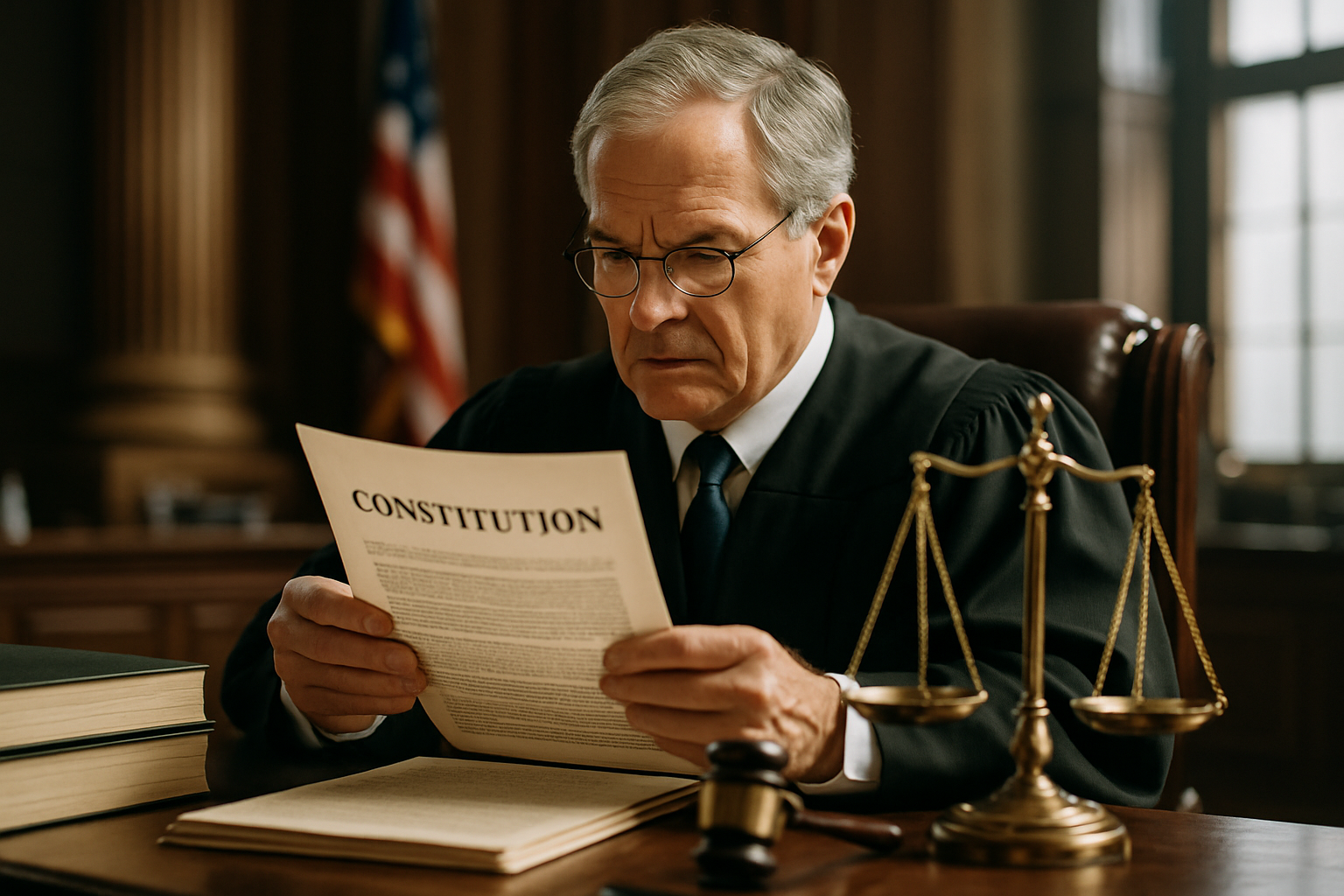When to Contact a Civil Rights Lawyer for Discrimination, Police Misconduct, or Voting Rights Violations in the United States 2025
Have you experienced unfair treatment because of your race, gender, or voting rights? Understanding when to reach out to a civil rights lawyer is crucial to protect your rights and seek justice. This article explains key situations where legal guidance is vital and what you can expect from civil rights legal support.

Understanding Civil Rights Violations
Civil rights protections in the United States safeguard individuals from discrimination, abuse, and unequal treatment in many areas of life. These rights are guaranteed under the U.S. Constitution, federal laws, and various state statutes. Violations can happen in settings such as workplaces, housing, education, law enforcement, and elections.
Recognizing when your civil rights have been infringed upon is the first step toward obtaining legal help. This includes unfair treatment based on protected characteristics as well as violations of your right to vote or protection from police misconduct.
When to Reach Out to a Civil Rights Lawyer
Immediately After Experiencing a Violation
Time is critical in civil rights cases because many claims require filing within specific legal deadlines. For example, employment discrimination claims generally must be reported to the Equal Employment Opportunity Commission (EEOC) within 180 to 300 days of the incident. Early consultation with a civil rights attorney ensures these deadlines are met and your rights are preserved.
If You Experience Discrimination Based on Protected Characteristics
Federal and state laws prohibit discrimination based on characteristics such as:
- Race or ethnicity
- Gender or sex
- Disability status
- Religion or creed
- Sexual orientation or gender identity
- Age
- National origin
- Pregnancy status
Discrimination can occur in various contexts including employment, housing, education, public accommodations, and lending. If you believe you have been subjected to unfair treatment or harassment due to one or more of these factors, an experienced civil rights lawyer can help assess your case and guide you on next steps.
In Cases of Police Misconduct or Brutality
Instances of police misconduct, such as excessive force, racial profiling, unlawful search and seizure, or wrongful imprisonment, are serious violations of your constitutional rights. Civil rights attorneys specializing in these matters assist in gathering evidence, filing formal complaints with agencies like the U.S. Department of Justice, and pursuing legal action against responsible officials.
When Facing Voting Rights Violations
Your right to vote is fundamental to democratic participation. If you encounter obstacles such as voter suppression tactics, improper removal from voter rolls, intimidation at polling places, or other barriers, legal support is essential. A civil rights attorney can help enforce voting protections and file complaints with election oversight agencies when your rights are obstructed.
Navigating Complaints with Government Agencies
Many civil rights claims require you to first file a complaint with relevant federal or state enforcement agencies before pursuing litigation. For example:
- Employment discrimination: EEOC
- Housing discrimination: Department of Housing and Urban Development (HUD)
- Police misconduct: U.S. DOJ Civil Rights Division
A civil rights lawyer can guide you through these processes, ensuring paperwork is completed correctly and timelines are followed. They can also represent you if administrative agencies decide not to proceed with your claim.
When Legal Representation Is Needed Beyond Administrative Remedies
Government agencies sometimes deny claims or close investigations without action. In such cases, civil rights lawyers explore other options including filing private lawsuits. These attorneys understand both federal and state civil rights laws and know how to seek remedies like compensation or injunctive relief to hold violators accountable.
What to Prepare Before Contacting a Civil Rights Lawyer
Thorough documentation strengthens your case. Collect and record:
- Detailed accounts of incidents (dates, times, locations)
- Names and contact information of involved parties and witnesses
- Supporting materials such as emails, texts, photos, or video evidence
- Official complaints or reports filed with agencies
Providing this information helps the attorney evaluate your claim effectively and plan the best course of action.
Choosing the Right Civil Rights Lawyer
Not all lawyers specialize in civil rights. Seek an attorney with specific experience handling cases similar to yours. Consider:
- Proven track record in discrimination, police misconduct, or voting rights cases
- Knowledge of both federal and state civil rights laws
- Access to investigative resources and expert witnesses
- Good communication skills and client reviews
- Willingness to work on contingency or flexible fee arrangements, if needed
Resources for Those with Limited Income
If hiring an attorney is financially challenging, explore legal aid organizations, nonprofit clinics, or pro bono services that specialize in civil rights. Many provide free or low-cost legal assistance to help ensure access to justice.
Why Early Legal Help Matters
Promptly consulting a civil rights lawyer not only ensures you meet filing deadlines but also improves your chances for a favorable outcome. Many civil rights statutes include provisions allowing prevailing plaintiffs to recover attorney fees, which can alleviate the cost burden.
Conclusion
In 2025, staying informed about when to seek a civil rights lawyer is essential for protecting your rights in the United States. Whether you face discrimination, police misconduct, or voting rights violations, timely legal advice empowers you to navigate complex systems and pursue effective remedies.
Sources
- Super Lawyers – How to Get Legal Help for a Civil Rights Issue
- Super Lawyers – How to File a Complaint for Civil Rights Violations
Disclaimer: This article provides general informational content about legal processes and civil rights in the United States. It does not constitute legal advice. For personalized assistance, consult a qualified civil rights attorney. Legal timelines, procedures, and availability of services may vary by location and specific circumstances.




